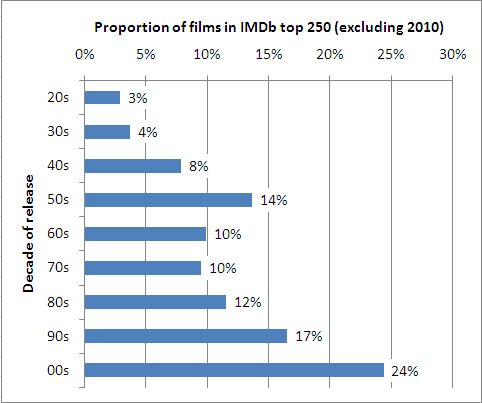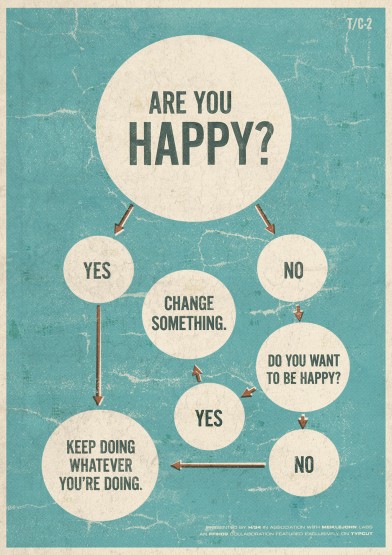(Originally sent July 2009)
Films
I saw Moon, which was a very nice bit of old-school sci-fi with a few nice ‘ah-ha!’ moments.
I saw G-Force 3D, and was amazed at how special effects clearly follow some kind of Moore’s law, while good writing remains a nearly insurmountable challenge.
Link
There’s a few sites out there attempting to keep up with what’s referred to as the Daily Mail’s “ongoing effort to classify every inanimate object into those that cause cancer and those that prevent it.” I like the way this one is helpfully laid out.
Of course, what would be nicer would be to use the research papers as a basis for such a project rather than the Daily Mail, at which point you’d probably need better risk-assessment functionality.
For example, I read a proposal to break global warming down to an individual scale – so if collective human actions increase the average temperature by 0.5 degrees over several decades, we could create an approximation for the temperature increase due to the production of any given product or action, and even though it would be tiny it would come to have meaning – e.g. this laptop causes a 23 picokelvin rise, but this one caused 573.
In practice, we’ve seen Carbon labelling, which is I suppose somewhat more accurate and tangible.
Unfortunately risk factors are really too complicated to be distilled to a single number for a single food item.
Video
Bobby McFerrin with a nice demonstration about how intuitive the Pentatonic scale is:
Last week’s puzzle
Why is gravity 37% that of Earth’s on Mars, even though Mars only has 11% of the Earth’s mass? Clearly there are Laws Of Physics at work, and we can’t fairly expect to have an intuitive understanding of how strong gravity ‘ought’ to be on planetary scales.
That said, there are two factors clearly at work:
– Density: Mars is slightly less dense than the earth – 3.9g/cm^3 vs 5.5 g/cm^3, or 71%
– Radius: Mars’ radius is 53% that of Earth’s. If you were somehow standing on a platform one earth radius away from the centre of Mars, the gravity you feel would certainly be weaker than the 37% that you would experience on the surface.
(Side note: if earth (or indeed any planet) were hollow, there would be no gravity on the inside, as the gravitational pull due to the outer shell cancels out no matter where you are in the interior!)
This week’s puzzle
Why are about 10% of people left-handed?
Quote
The Week is a weekly summary of “everything you need to know about everything that matters”, expertly editing together coverage of the main stories of the week into coherent, balanced, and concise summaries.
Here’s a cut down version of their concise version of a story from Germany, which as well as cutting all the fluff from a story that could probably be expanded to a movie adaptation I also liked because it’s a wonderful case of reversing the usual fiction trope that ‘Police are Useless’
“Germany’s wealthiest woman, Susanne Klatten hit the headlines last year when her former lover was arrested for trying to extort €49m from her. He told Klatten that he had made a secret video of them having sex and threatened to make it public unless his demands were met. But Klatten went to the police and he was arrested.
“Last month, three men wrote a letter to Klatten in which they claimed to have a copy of the sex video and demanded €800,000 and a BMW car for its return. Once again Klatten called the police and the three were arrested.”
Okay, it probably wouldn’t make a very good movie.


